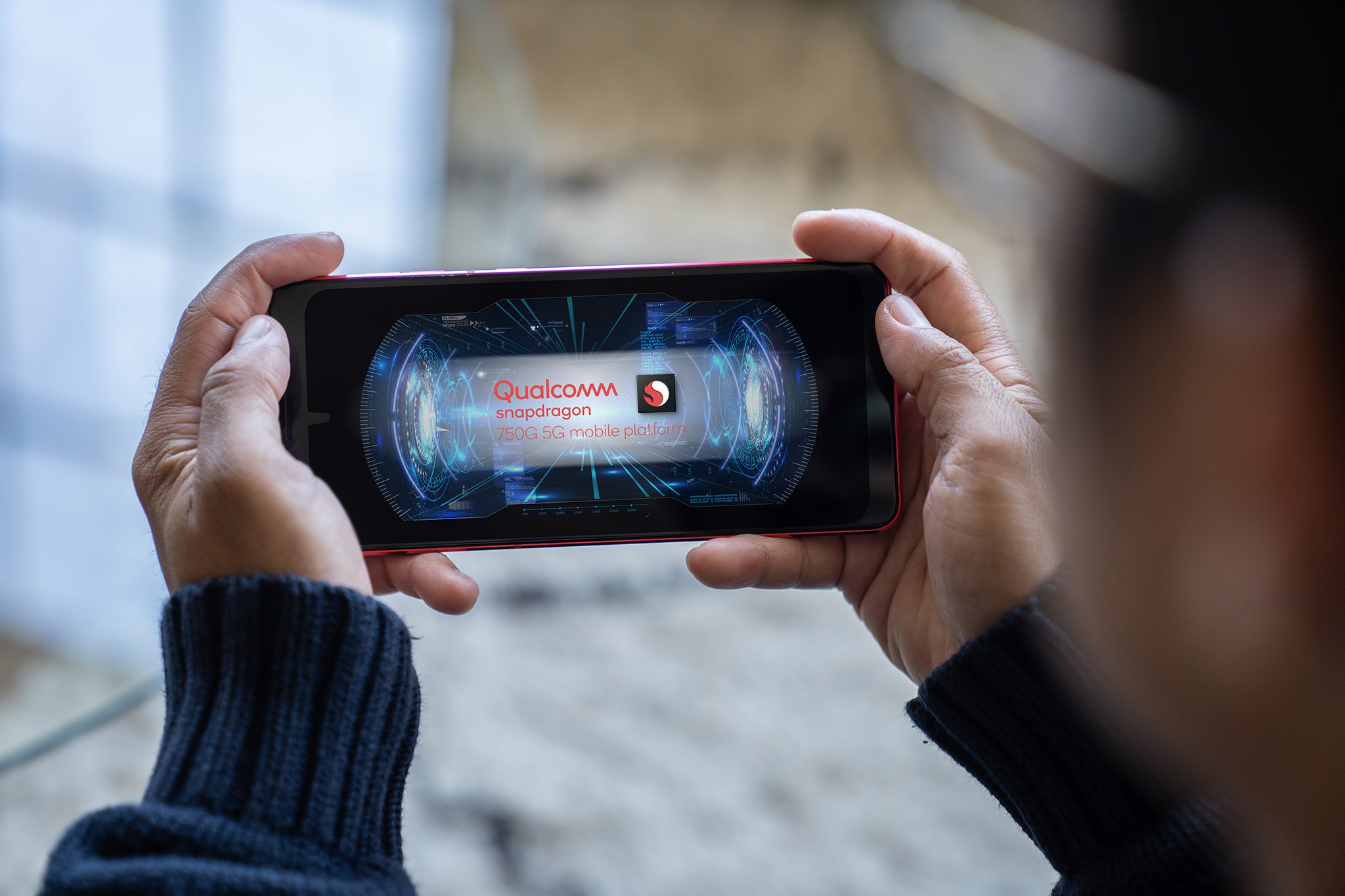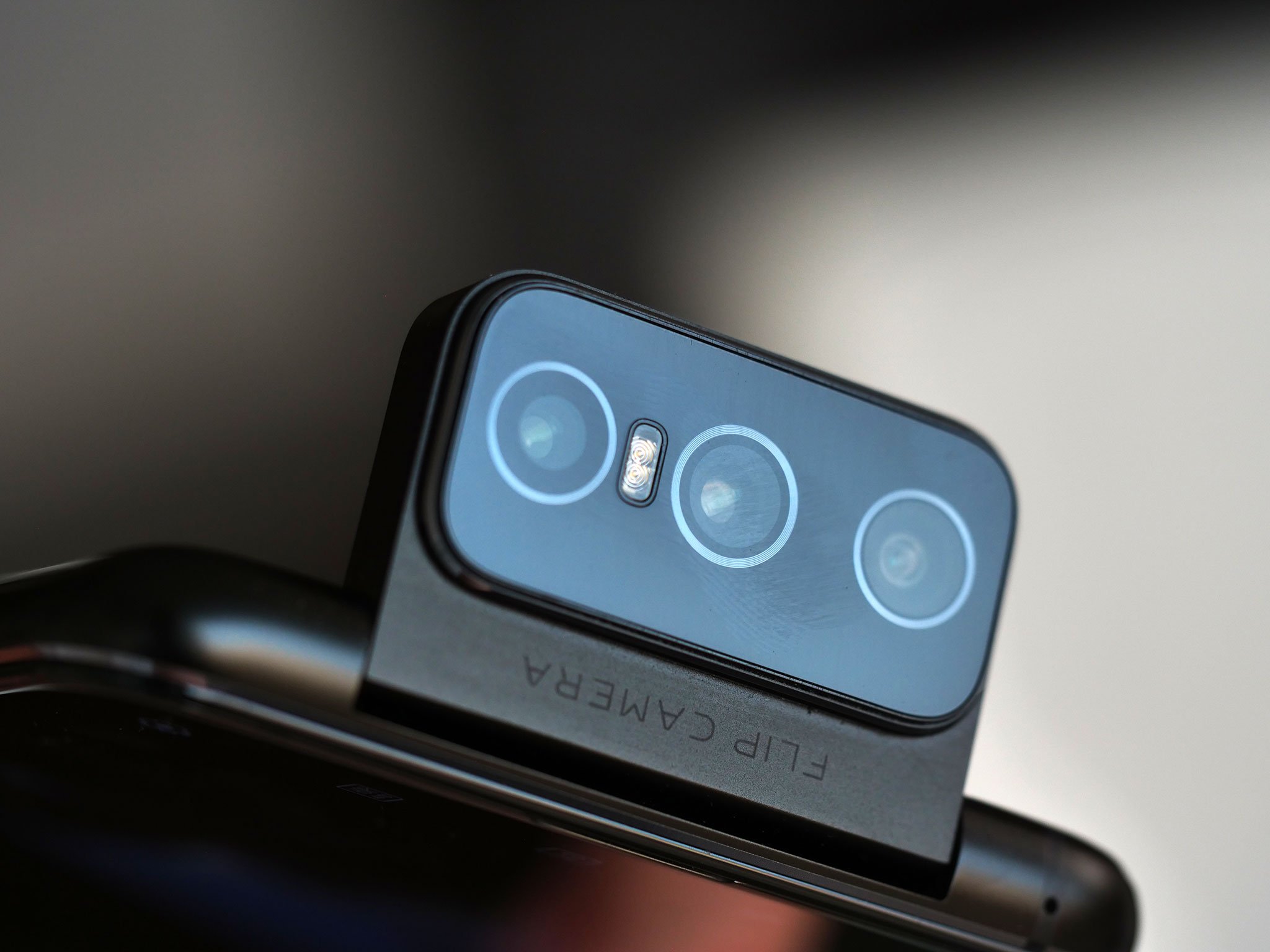From the Editor's Desk - The Google Pixel 5a, explained - Android
![]()
Why Google essentially building a '4a 5G Lite' would make sense, and what it could mean for the Pixel 6.
The Google Pixel 5a is coming, and people have questions.
Based on information and CAD renders leaked out by Steve Hemmerstoffer (aka OnLeaks) this past week, it seems the 5a is going to look almost identical to the Pixel 4a 5G — a phone that might be barely seven months old by the time the 5a arrives. All of which makes the successor to one of the best cheap Android phones seem like a pretty confusing proposition.
A glance down the spec sheet and a peek at the renders reveals a familiar 6.2-inch screen, dual rear cameras, rear fingerprint scanner, a hole-punch selfie camera and headphone jack. Only the dimensions are slightly different, with the 5a apparently being slightly chunkier than the 4a 5G.
If you saw these renders out of context, you'd think you were looking at a Pixel 4a 5G.
But this leak isn't as boring as you might think — and that's partly because of what we don't know yet. The phone's internal specs like processor, RAM and battery capacity remain a mystery, as does the price point Google will be targeting for 2021's affordable Pixel model.
Nevertheless, what we do know about the 5a poses the question of why this phone, launching so soon after another, almost identical phone, even needs to exist.
It's important to remember that the Pixel 4a 5G is much closer to the Pixel 5 in terms of internal hardware than the 4a — so much so, in fact, that Google wrestled with what to call the phone through much of 2020. (As we've previously reported, it's likely the 4a 5G was originally going to carry the name Pixel 5.) Despite its eventual branding, the Pixel 4a 5G is not just a Pixel 4a with 5G. Its faster CPU and camera improvements put it in the "premium Pixel" category.
There's more going on with the Pixel 5a than just a rebadged 4a 5G copycat.
That's why we shouldn't expect the Pixel 5a to just be a rebadged 4a 5G. Being the cheaper offering, we should assume it'll fall somewhere below the 4a 5G in terms of performance, even if it shares some features and physical characteristics. A decent candidate to power the phone would be Qualcomm's Snapdragon 750G — which would be an upgrade over the 4a across the board, but most importantly in terms of 5G connectivity.

In 2021, manufacturers are making 5G the standard for anything that's not a real bargain bin phone, in order to keep the carriers happy by pushing customers onto 5G plans. It's highly unlikely, then, that the Pixel 5a will ship without 5G given its likely price point. The Snapdragon 750G would be the natural choice for the phone: somewhat slower than the 765G used in the Pixel 4a 5G, but with lower power consumption.
The alleged size of the Pixel 5a is also a bit of an oddity, with Google returning to a relatively larger display after going small with the 4a. In part, the larger size could be necessary to fit in 5G antennae, especially for a millimeter wave 5G version in the U.S., which would operate at higher frequencies. However, I think the screen size — and a lot of the other similarities with the 4a 5G — can also be explained by economies of scale and Google's supply chain.
Reading between the lines, the plan seems to be to make this year's cheap Pixel essentially a Pixel 4a 5G Lite. Google will do this by reusing the display, camera modules and other internals from the 4a 5G while making savings on a cheaper processor and perhaps a smaller battery. That's not a massively exciting phone for Android nerds like us, but as a commercial product for Google's hardware division, it makes total sense. Most of the above will be components Google already has on hand.
![]()
Google risks cannibalizing 4a 5G sales, but that might not be a bad thing.
As with Pixels 3a and 4a, the exciting part about the Pixel 5a will likely be the pricing, if it's anywhere close to the 4a's very aggressive list price.
But that raises another problem. Surely there's no way Google can sell a phone like this and not cannibalize sales of the Pixel 4a 5G, right? That's true, but consider when the Pixel 5a will launch — probably sometime around the middle of the summer. That's at the point at which you'd expect Pixel 4a 5G production to be winding down, in preparation for new high-end Pixels in the fall.
If Google can offer an even more competitive 5G phone at a lower price, then it makes sense to pivot into that using a bunch of components it already has on hand. It's unlikely Pixel 4a 5Gs will be flying off store shelves after late summer anyway.
I mentioned the carriers' needs and Google's supply chain earlier since they're important factors that a lot of people overlook. The carriers in particular are very likely responsible for the Pixel 4a 5G even existing at all. It exists because, in 2020, Google needed to sell a cheap 5G phone to the carriers more than it needed to sell a bigger, higher-end Pixel to enthusiasts.
For more on that, you'll want to read my take on why there'll probably be a Pixel 6 XL in 2021.
![]()
2021 looks set to be a hugely important year for Pixel hardware.
So what about that Pixel 6 and 6 XL? Well, given that Google will be covering the "cheap 5G phone" base with the Pixel 5a, it makes more sense for the two higher-end Pixels to go back to differentiating based on screen size. And the case for a big-screened Pixel is made all the more convincing by hidden features in the Android 12 developer preview that seem very much suited to bigger screens — like the redesigned Samsung-style Settings app and rudimentary one-handed mode, tentatively named Silky Home.
However, as we've seen with the Pixel 4a, then the 4a 5G, then the 5 and especially now the 5a, Google is no longer married to any particular size of phone. So we could yet be surprised by the form this year's premium Pixels take.
That said, it is shaping up to be a big year for Android as an operating system and Google hardware in particular, with more than one reliable report suggesting a foldable Pixel is also on its way. Google's approach to phones has always been about elevating run-of-the-mill hardware through services and AI. Foldables, on the other hand, represent hardware luxury and excess — the bleeding edge of mobile technology. How Google's Pixel approach will translate to a foldable is an interesting conundrum to be tackled in the coming months — far more fascinating than the questions around this Pixel 5a.
That's it from me for a few weeks. Stay safe.
-Alex
28/02/2021 05:00 PM
How to watch the 2021 Golden Globes online from anywhere
28/02/2021 04:32 PM
How to watch The Walking Dead from anywhere online
28/02/2021 03:15 PM
Get the most out of your Galaxy S21 Ultra with these 10 apps and features
28/02/2021 03:00 PM
Wyze Robot Vacuum review - Better than it has to be at this price
28/02/2021 03:00 PM
Three new Motorola Wear OS watches could arrive this year
28/02/2021 08:06 PM
Why don't we see any more pop-up selfie cameras
28/02/2021 01:00 PM
This dimmable TaoTronics desk lamp down to $43 has a Qi wireless charger
28/02/2021 03:14 PM
- Comics
- HEALTH
- Libraries & Demo
- Sports Games
- Racing
- Cards & Casino
- Media & Video
- Photography
- Transportation
- Arcade & Action
- Brain & Puzzle
- Social
- Communication
- Casual
- Personalization
- Tools
- Medical
- Weather
- Shopping
- Health & Fitness
- Productivity
- Books & Reference
- Finance
- Entertainment
- Business
- Sports
- Music & Audio
- News & Magazines
- Education
- Lifestyle
- Travel & Local







